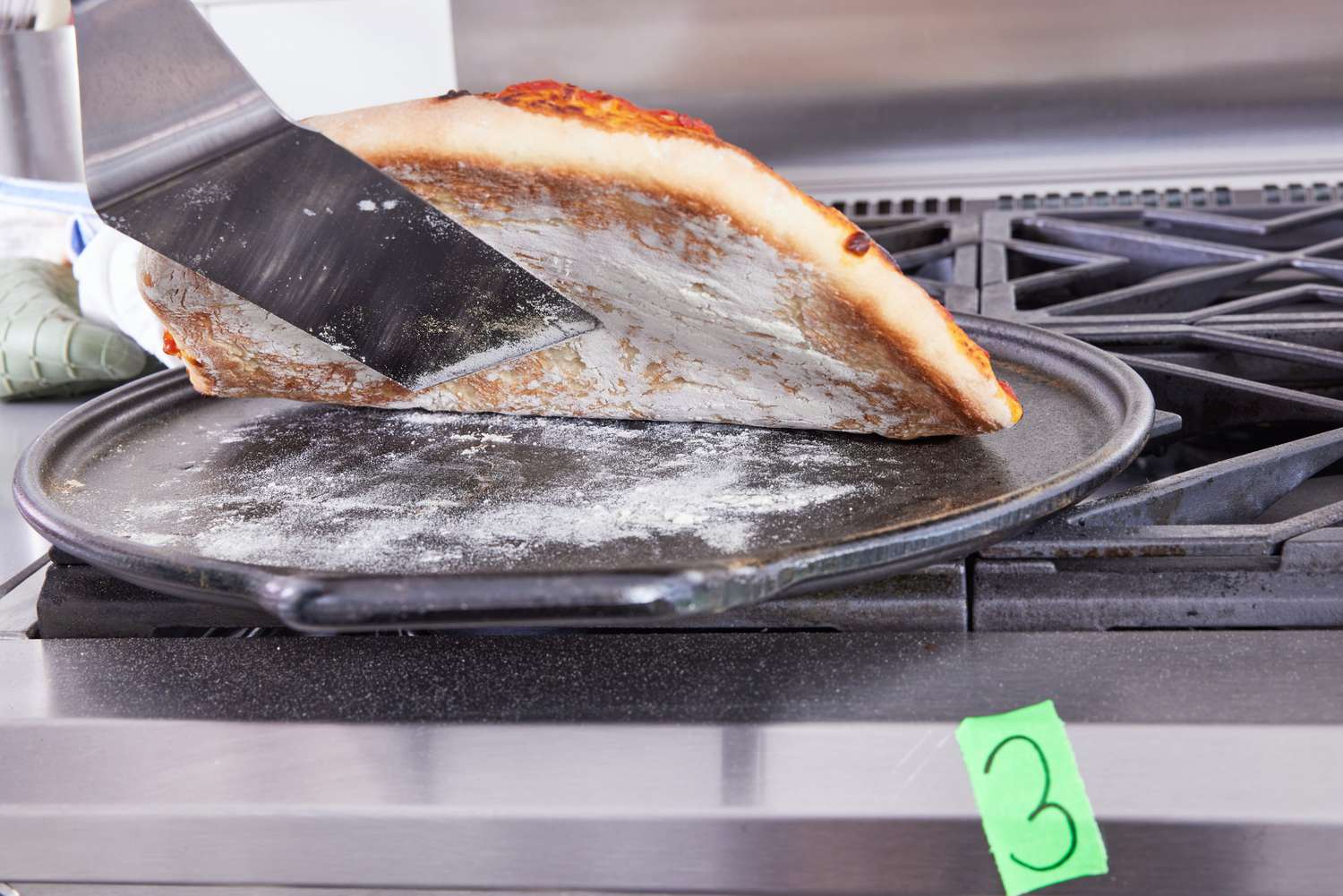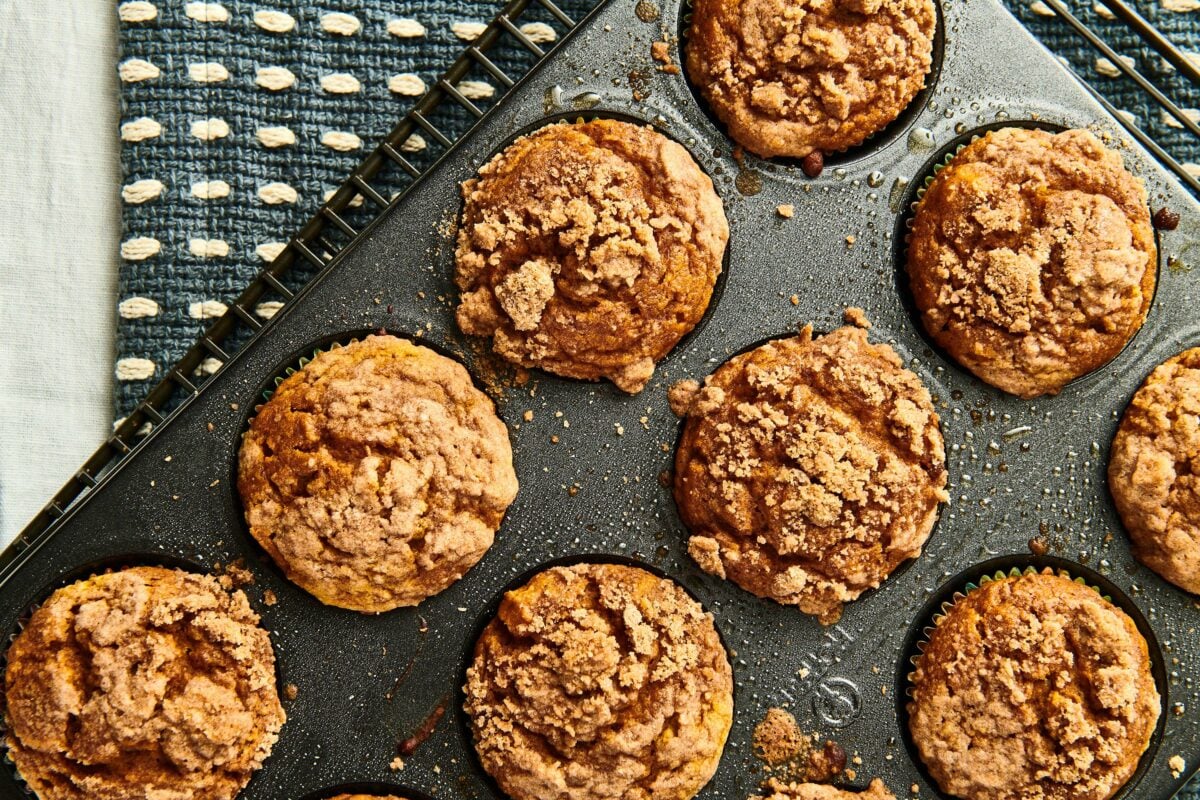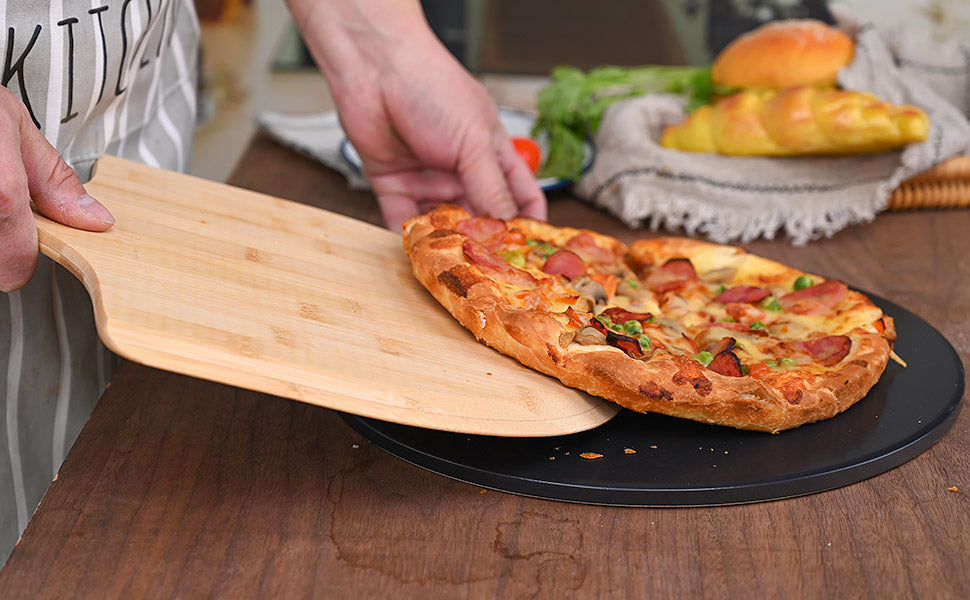When it comes to baking, especially in a commercial kitchen, using the best material for baking stones can make a significant difference in the quality of your bread or pizza. Baking stones are revered for their ability to mimic the effects of a brick oven, resulting in a perfectly crisp crust. But with various materials available, how do you choose the ideal one?
Selecting the right baking stone material is crucial for achieving the best results. Since these stones are commonly associated with professional kitchens, it's essential to understand each material's unique benefits and drawbacks.

Understanding Different Materials
Cordierite
Cordierite is an incredibly popular material for baking stones. Known for its remarkable temperature retention and thermal shock resistance, cordierite stones heat evenly and maintain their temperature, making them perfect for baking crisp pizzas. Kitchen professionals often choose cordierite due to its durability, resisting cracking over time.
Cast Iron
Another excellent option for those in pursuit of the best material for baking stones is cast iron. Unlike other materials, cast iron requires proper care and seasoning, similar to [cast iron seasoning](https://culinacooks.com/blogs/blog/how-to-redo-cast-iron-seasoning) techniques, ensuring longevity and non-stick properties. Cast iron is ideal for high-temperature baking, creating a crust with beautiful charred edges.
Clay and Ceramic
While clay and ceramic stones offer a traditional touch, they require careful handling to avoid thermal shock. These stones are favored for their ability to absorb moisture from the dough, resulting in crispy bases. However, they may need more frequent replacement if not properly maintained, similar to the upkeep required for [seasoning a wok](https://culinacooks.com/blogs/blog/why-is-it-important-to-season-a-wok).
Glass and Metal Alternatives
Some kitchen professionals opt for glass or metal baking sheets, but these lack the ability to absorb moisture effectively, potentially resulting in soggy bakes. Yet, they compensate with even heating and easy maintenance.
Factors to Consider When Choosing
When selecting the best material for baking stones, consider factors like heat conductivity, porosity for moisture absorption, durability, and maintenance. For detailed materials analysis, check out the material insight found in [using a wok](https://culinacooks.com/blogs/blog/what-is-wok-made-of) that highlights attention to the properties of cookware materials.
Conclusion
For a pro kitchen, the choice of a baking stone material isn't just a side consideration; it determines the culinary outcome and workflow efficiency. Each stone brings unique characteristics to your oven; therefore, understanding the advantages and maintenance of each can transform your baking practice. Discover more about their applications in this comprehensive review of [pizza stone uses](https://www.realsimple.com/food-recipes/cooking-tips-techniques/pizza-stone-uses) that highlights their diverse potential beyond just baking bread and pizzas.

Frequently Asked Questions
What material is best for high-temperature baking?
Cordierite and cast iron are ideal for high temperatures, managing heat effectively without cracking under thermal pressure.
How should I maintain my baking stone?
Maintenance depends on the material. For example, cast iron requires regular seasoning, while cordierite and clay function best when kept free of moisture during storage.
Can I use metal sheets instead of baking stones?
While metal sheets are convenient, they lack the moisture-absorbing properties needed for a crisp outcome, unlike traditional baking stone materials.
This article contains affiliate links. We may earn a commission at no extra cost to you.






Leave a comment
This site is protected by hCaptcha and the hCaptcha Privacy Policy and Terms of Service apply.